11 Best Small Guard Dogs (Photos and Ratings)
When it comes to guarding your home and loved ones, size doesn’t always matter. Small guard dogs, often overlooked due to their diminutive stature, can be just as effective in providing security and companionship.
In this article, we will explore a detailed guide AND ranking of small guard dog breeds as well as specific breed choices for various scenarios, ensuring you make an informed decision when choosing your loyal protector.
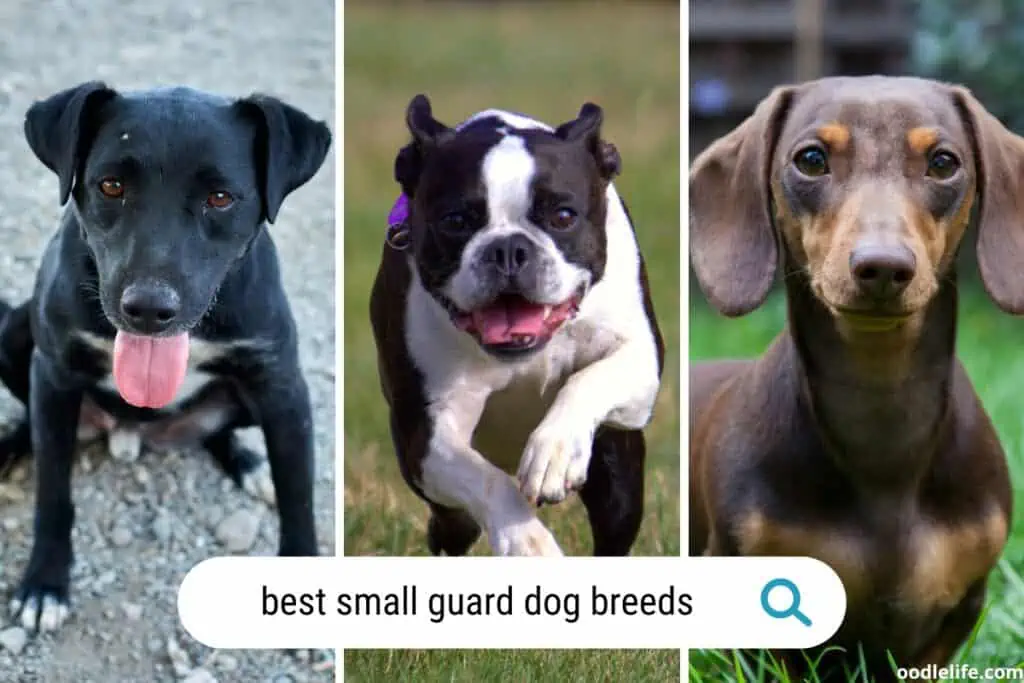
Not everyone has the space or desire to own a larger guard dog, and that’s where small guard dogs truly shine. These compact canines possess all the qualities of their larger counterparts, such as loyalty, intelligence, and vigilance while being more suitable for apartment living or families with young children. From feisty terriers to alert herding breeds, there’s a small guard dog suited for every household and lifestyle.
As you continue reading, you will discover the best small guard dog breeds for different scenarios, whether you need a low-shedding hypoallergenic companion or a watchful eye for a child with special needs. By the end of this comprehensive guide, you will have all the information necessary to make a well-informed decision about which small guard dog is the perfect addition to your family and home.
Best Small Guard Dog Breeds Ranked
Here is a detailed list of small dog breeds that can be good guard dogs, along with their strengths, weaknesses, and ratings for alertness and trainability. The ratings are on a scale of 1 to 10, with 10 being the highest.
| Breed | Strengths | Weaknesses | Alertness | Trainability |
|---|---|---|---|---|
| Miniature Pinscher | Highly alert, brave, energetic, loyal | Can be stubborn, needs regular exercise | 9 | 8 |
| Dachshund | Loyal, protective, intelligent, courageous | Can be stubborn, prone to back problems | 8 | 7 |
| Pomeranian | Highly alert, territorial, loyal, intelligent | Can be yappy, not suitable for families with kids | 8 | 7 |
| Schipperke | Fearless, intelligent, territorial, loyal | Needs regular exercise, can be stubborn | 9 | 7 |
| Cairn Terrier | Fearless, territorial, intelligent, loyal | Can be stubborn, needs regular grooming | 8 | 8 |
| Lhasa Apso | Territorial, protective, loyal, intelligent | Needs regular grooming, can be aloof with strangers | 7 | 7 |
| Rat Terrier | Fearless, intelligent, loyal, high energy | Can be stubborn, needs regular exercise | 8 | 8 |
| Shih Tzu | Loyal, affectionate, alert, intelligent | Needs regular grooming, not as active as other breeds | 7 | 6 |
| Miniature Schnauzer | Highly alert, intelligent, territorial, loyal | Needs regular grooming, can be vocal | 9 | 8 |
| West Highland White Terrier | Brave, loyal, intelligent, high energy | Needs regular grooming, can be stubborn | 7 | 8 |
Keep in mind that while these small dog breeds have the potential to be good guard dogs, they may not be as effective as larger breeds in deterring potential intruders. Additionally, their effectiveness as guard dogs will depend on proper training and socialization.
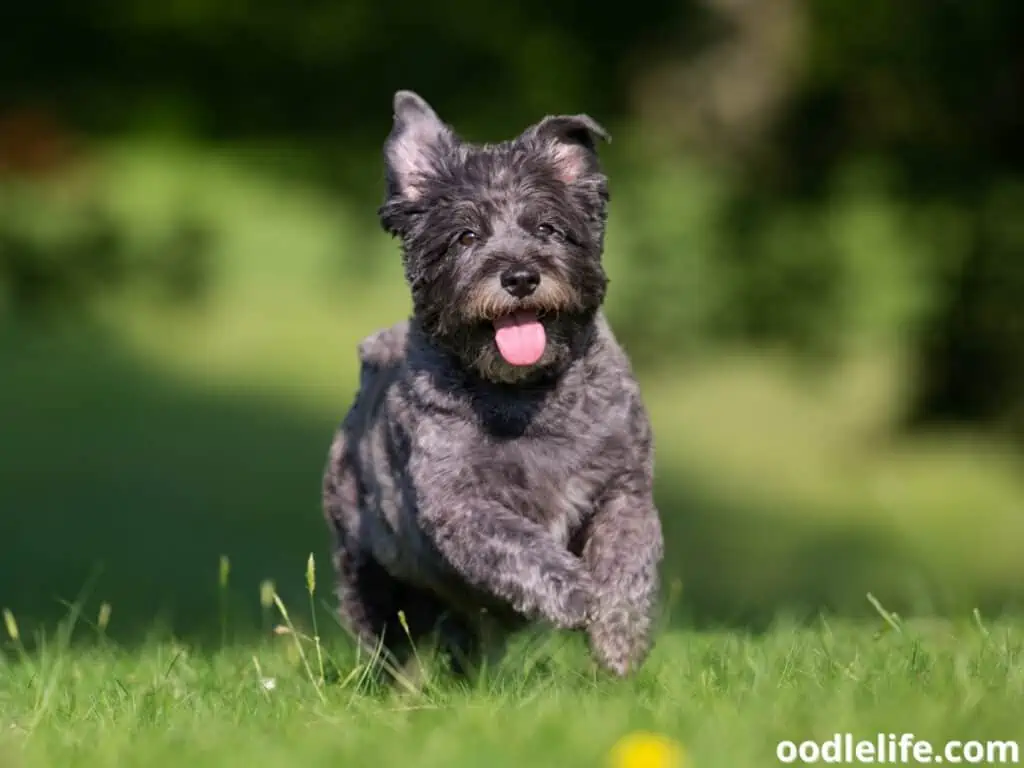
Benefits of Small Guard Dogs
Why choose a small guard dog over a larger breed? There are a number of benefits to consider:
- Adaptability: Small guard dogs are suitable for various living environments, including apartments and houses with limited space. They can adapt to both urban and rural settings with ease.
- Travel-friendly: Due to their compact size, it’s easier to take small breeds along when traveling, whether by car or public transportation.
- Lower maintenance: Smaller dogs tend to require less food, grooming, and healthcare expenses compared to larger breeds.
Additionally, one might ask if small guard dogs are effective in providing protection. The answer is yes – their size doesn’t hinder their ability to be excellent watchdogs. Some key qualities in small guard dogs include:
| Quality | Benefits |
|---|---|
| Alertness | Small breeds are often more alert, providing effective early warning systems when something is amiss. |
| Intelligence | Many small guard dogs are highly intelligent, making them easy to train and able to quickly respond to potential threats. |
| Agility | Their small size makes them agile and quick, allowing them to confront intruders or respond to alarms without delay. |
When considering a small guard dog, it’s important to remember that their primary function is to alert you to potential threats rather than physically restraining an intruder. With this in mind, which breed will be the best fit for your unique needs and lifestyle?
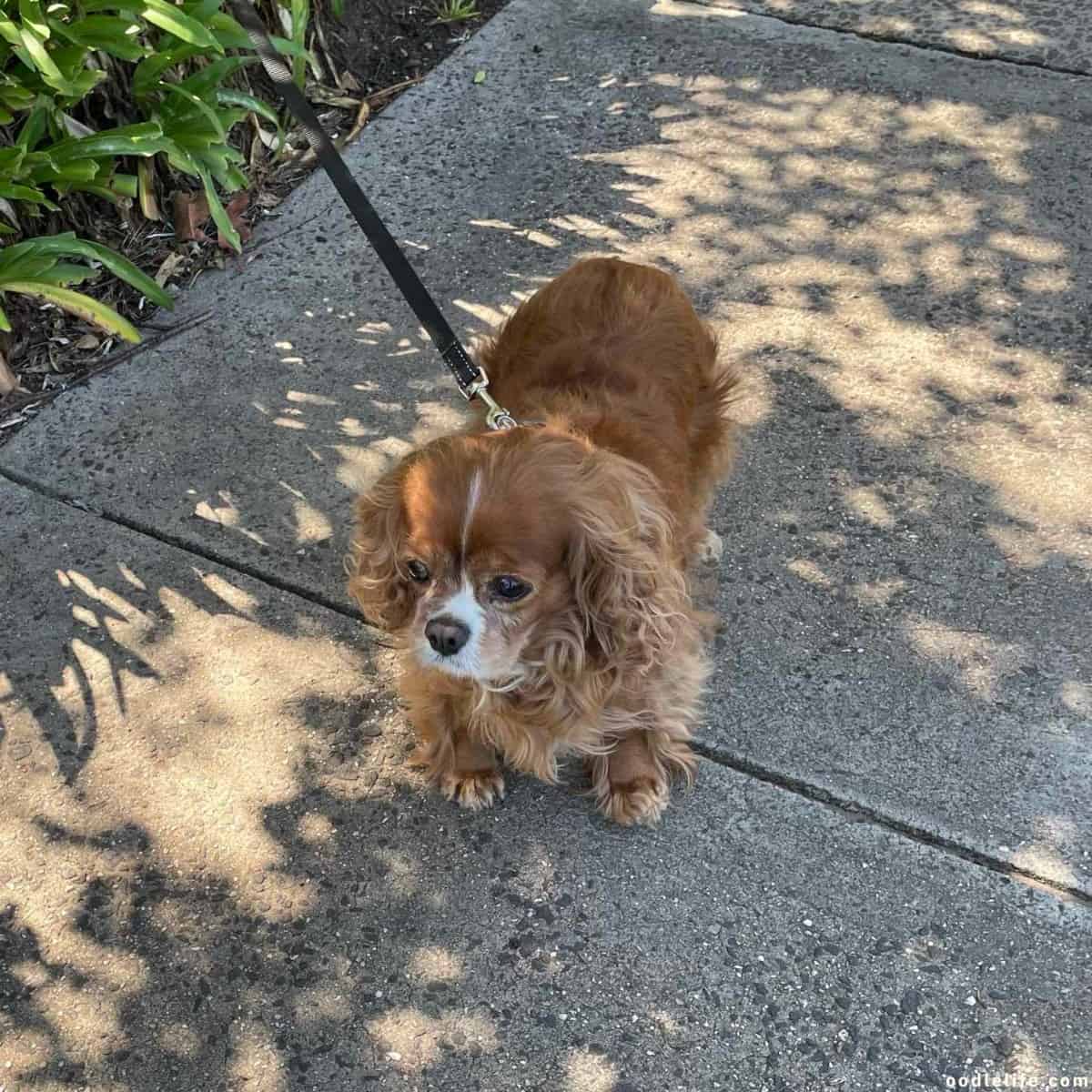
Characteristics of Small Guard Dog Breeds
What makes a small dog effective at guarding? Let’s highlight the primary characteristics of small guard dog breeds:
- Alertness
- Intelligence
- Loyalty
- Bravery
- Trainability
Alertness is a key trait in a small guard dog, as they need to be highly attuned to their surroundings and able to quickly detect any potential threats. The intelligence of a small guard dog allows them to assess a situation and react accordingly. Loyalty is another vital quality as these dogs must be ready to protect their family and home.
Bravery and trainability go hand in hand, as a courageous dog is more likely to respond effectively to training, allowing them to put those skills into practice in potential danger scenarios. With these significant characteristics in mind, what specific small guard dog breeds are best suited to diverse scenarios (TAMU University Guide on Security Dogs)?
| Scenario | Breed |
|---|---|
| Apartment Living | Lhasa Apso |
| Seniors | Pembroke Welsh Corgi |
| Families with Children | Miniature Schnauzer |
Your family’s specific needs will determine the best small guard dog breed for you, but considering these characteristics will aid you in making the right choice.
Small Guard Dog Breeds Details + Photos
In this section, we will explore three small guard dog breeds that are perfect for different scenarios.
Breed 1: Miniature Schnauzer
Miniature Schnauzers are excellent small guard dogs because of their alertness, intelligence, and loyalty. Originally bred for hunting rodents, these dogs are always on high alert and can easily detect intruders.
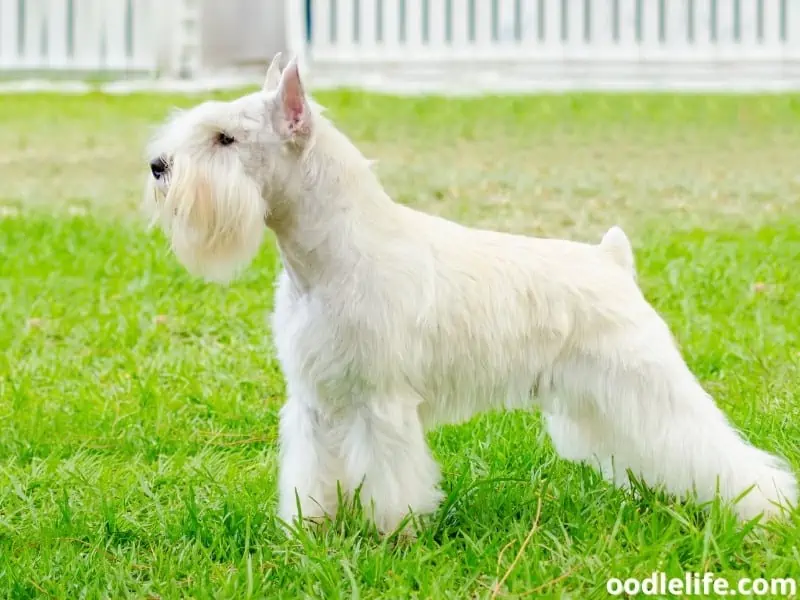
Some key characteristics of Miniature Schnauzers include:
- Size: 14-20 pounds
- Trainability: High
- Temperament: Loyal, smart, and vocal
Breed 2: Shetland Sheepdog
Also known as Shelties, Shetland Sheepdogs are energetic, intelligent, and great at guarding. They were originally bred to herd sheep, so they have a natural instinct to protect their property and owners.
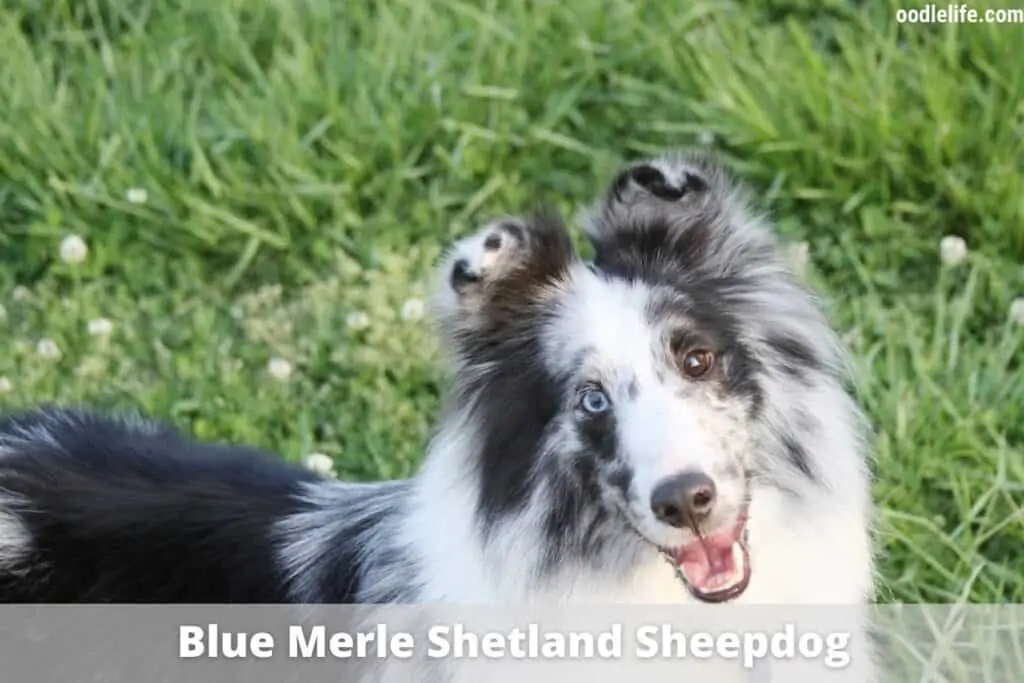
Notable features of Shetland Sheepdogs are:
- Size: 15-25 pounds
- Trainability: High
- Temperament: Sensitive, attentive, and vocal
Breed 3: Patterdale Terrier
Patterdale Terriers are small, agile, and incredibly brave dogs. They were originally bred for hunting foxes and are courageous enough to stand up to any potential threats, making them excellent small guard dogs.

Distinctive traits of Patterdale Terriers consist of:
- Size: 11-13 pounds
- Trainability: Medium
- Temperament: Bold, determined, and protective
Specific Breed Choices for Scenarios
Selecting the right small guard dog depends on the specific needs and circumstances you face. Here are some breed recommendations for different scenarios:
Scenario 1: Apartment Living
When it comes to apartment living, you’ll need a small guard dog that adapts well to small spaces, is relatively quiet, and has low exercise requirements. Some breeds to consider include:
- French Bulldog
- Boston Terrier
- Dachshund

Each of these breeds, while having their own quirks, is well-suited to the close quarters of an apartment while still being protective of their family.
Scenario 2: Families with Young Children
Finding a small guard dog that is also great with kids is important for families. These breeds are known for being protective, yet gentle and patient with little ones:
- Cavalier King Charles Spaniel
- Pug
- Miniature Schnauzer
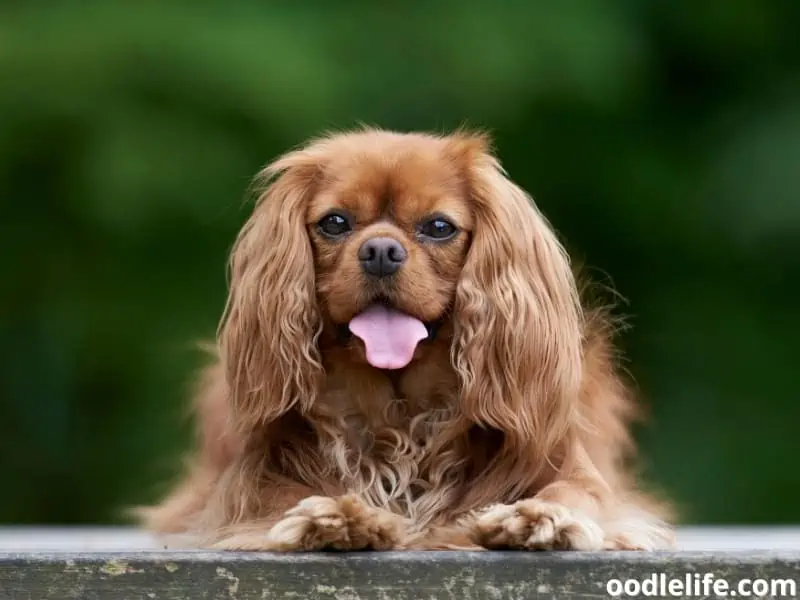
All of these breeds are great options, but remember that early socialization and training are essential to help your dog become a well-rounded family member.
Scenario 3: Allergy Sufferers
For those with allergies, hypoallergenic small guard dogs can be the perfect solution. While no dog breed is entirely allergen-free, some breeds are less likely to cause allergic reactions because they produce fewer allergens in their saliva and dander. Consider the following breeds:
| Breed | Why They’re Good for Allergy Sufferers |
|---|---|
| Shih Tzu | Has a double coat that sheds very little and requires regular grooming. |
| Maltese | Doesn’t have an undercoat, making it less likely to shed allergens. |
| Bichon Frise | Curly coat helps to keep allergens from becoming airborne. |
Not only are these breeds suitable for allergy sufferers, but they also possess strong protective instincts to keep their home safe and secure.
Training Tips for Small Guard Dogs
How can you effectively train a small guard dog? Let’s explore some essential training tips:
- Socialization: Start introducing your dog to different people, environments, and situations as early as possible. This helps them develop appropriate behavior and confidence in various settings.
- Obedience Training: Basic commands such as “sit”, “stay”, and “come” are vital for controlling your dog and ensuring their safety. Obedience training provides a foundation for more advanced guard dog skills.
- Boundaries: Teach your dog boundaries and establish their territory. This will help them understand and protect their designated area.
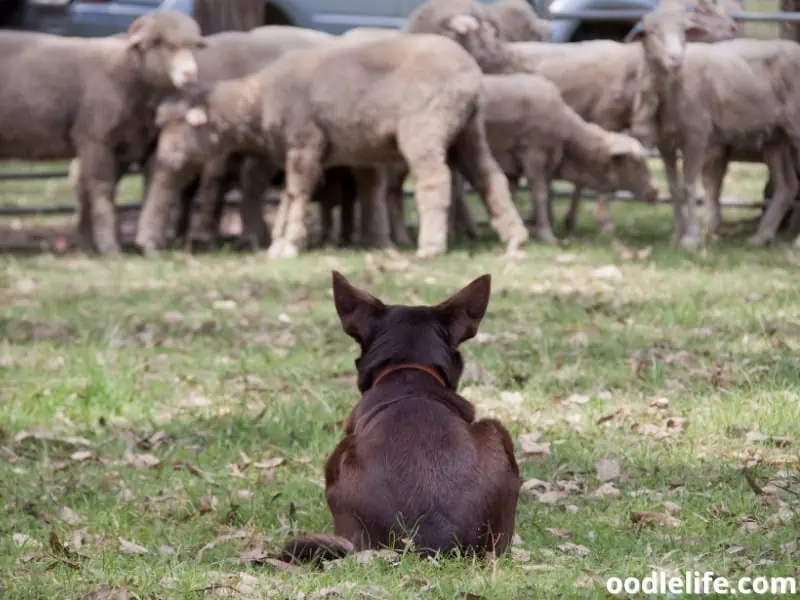
How can you hone their guarding instincts?
- Watchdog Training: Encourage alertness and attentiveness in your dog. Use positive reinforcement to reward barking at strangers or unusual sounds, but make sure they learn the difference between friendly and potentially dangerous situations.
- Patience and Consistency: Training takes time, and consistency is key. Stay patient and regular in your training sessions, adjusting your approach if needed.
Consider these tips for safe and effective training:
| Tip | Description |
|---|---|
| Positive Reinforcement | Use rewards like treats and praise to reinforce good behavior. |
| Avoid Physical Punishment | Physical punishment can harm your dog and damage your relationship. Focus on positive training methods instead. |
| Seek Professional Help | If you’re struggling or unsure about aspects of training, consult a professional dog trainer for guidance and support. |
Care and Maintenance
Providing proper care and maintenance for your small guard dog is essential to ensure their overall health and well-being. Let’s look at key aspects to consider:
- Grooming
- Exercise
- Training
- Nutrition
- Health check-ups
How often should you groom your dog? Grooming needs vary based on the dog’s breed and coat type. Regular brushing helps keep their coat clean and tangle-free, preventing matting and minimizing shedding. Some breeds may require professional grooming services for trimming hair, particularly around ears, eyes, and paws.
How much exercise does a small guard dog need? Exercise requirements also depend on the breed. Small dogs generally need around 30-60 minutes of moderate exercise per day, divided into two or three walks or play sessions. Remember, exercise is crucial not only for physical well-being but also for mental stimulation.
What about training? Consistent and early training is vital to help your small guard dog develop proper behavior, socialization, and obedience skills. Positive reinforcement techniques are recommended, as they help build trust and strengthen the bond between you and your dog.
Nutrition plays a significant role in maintaining a healthy guard dog. Choose high-quality dog food tailored to their age, size, and activity level, following the recommended feeding portions. Consult your veterinarian if you’re unsure about your dog’s dietary needs.
Lastly, regular health check-ups are vital to detect and address potential issues early. Schedule annual or bi-annual check-ups with the veterinarian and ensure your small guard dog is up-to-date with vaccinations, parasite prevention, and dental care.
Conclusion
In this guide, we’ve explored various small guard dog breeds and how they can be suited for different scenarios. When choosing the right breed for your specific needs, always consider the breed’s temperament, socialization, and training requirements.
Would you like a dog that is alert and responsive, or one that is more naturally protective? These traits can impact your choice of the small guard dog that will best suit your situation.
Remember, small guard dogs can be just as effective as their larger counterparts, offering both companionship and security. Consider factors such as space limitations and family dynamics when selecting the perfect small guard dog for your home.
Ultimately, the right breed choice will come down to personal preferences and lifestyle. Good luck in finding the perfect small guard dog for your unique needs!

